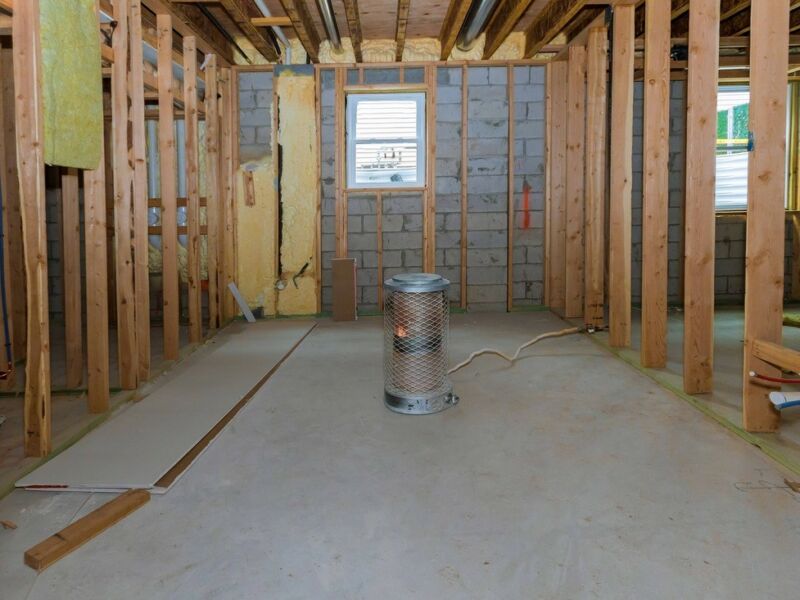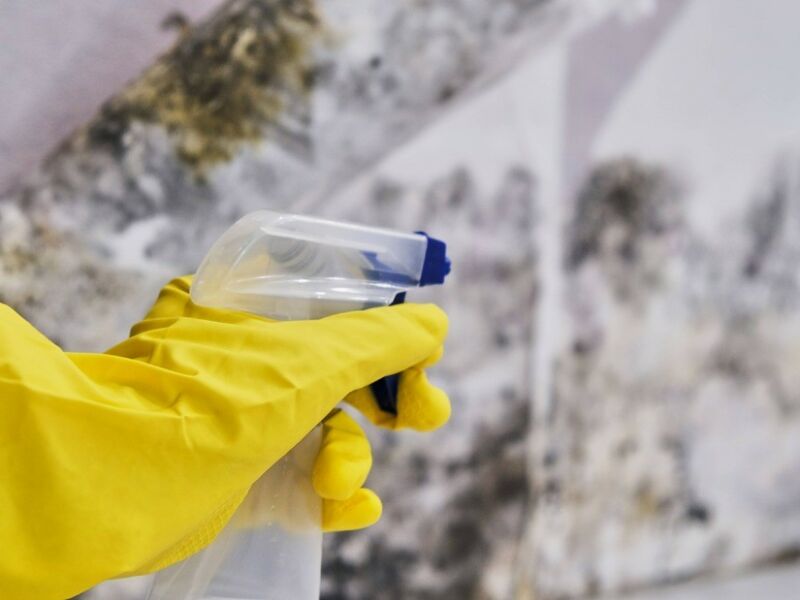
Understanding Water Damage Insurance Pitfalls
Water damage can cause significant financial and emotional stress to homeowners. It is crucial to have proper insurance coverage to protect yourself in case of such events. However, many homeowners face challenges when filing water damage insurance claims. Understanding the common pitfalls and knowing how to avoid coverage disputes can help you navigate the insurance claim process more effectively.
1. Policy Exclusions and Limitations

Before purchasing a homeowners insurance policy, it’s essential to thoroughly review the policy documents to understand the coverage, exclusions, and limitations. Many policies contain specific exclusions related to water damage, such as flooding caused by natural disasters like hurricanes or earthquakes. Additionally, policies may have limitations on coverage for certain types of water damage, such as slow leaks or mold remediation. It is crucial to be aware of these exclusions and limitations to avoid potential disputes.
2. Reporting Timelines
When experiencing water damage, it’s vital to report the incident to your insurance company as soon as possible. Insurance policies often have specific timelines for reporting claims. Failing to meet these timelines can result in claim denials. Make sure you understand the reporting requirements outlined in your policy and promptly inform your insurance company about the water damage incident.
3. Failure to Mitigate Further Damage
After discovering water damage, it is your responsibility as a homeowner to take immediate steps to mitigate further damage. This may include shutting off the water source, removing excess water, and drying out affected areas. If you fail to take reasonable steps to prevent additional damage, your insurance company may argue that you did not fulfill your duty to mitigate the loss. Document your efforts to mitigate damage by taking photographs and keeping records of any repairs or restoration work.

4. Insufficient Documentation and Evidence
Proper documentation is crucial when filing a water damage insurance claim. Take detailed photographs and videos of the damage, including any affected personal belongings or structural components. Keep records of any expenses related to emergency repairs or temporary accommodations. Additionally, maintain a thorough inventory of damaged items and their estimated value. This documentation will provide evidence to support your claim and potentially prevent disputes over the extent of the damage or the value of your losses.
5. Inadequate Understanding of Policy Coverage
Many homeowners mistakenly assume that their insurance policies cover all types of water damage. However, coverage can vary significantly depending on the specific policy and endorsements you have. It is crucial to review your policy and understand the types of water damage covered, such as pipe leaks, appliance malfunctions, or sewage backup. If you have questions or uncertainties about your policy coverage, consult with your insurance agent to clarify any ambiguities before filing a claim.
Preventing Water Damage and Insurance Disputes
While understanding the common pitfalls in water damage insurance coverage is essential, preventing water damage incidents altogether is even more advantageous. Here are some proactive measures you can take as a homeowner to mitigate the risk of water damage:
1. Regular Maintenance
Perform regular inspections and maintenance on your home’s plumbing system, including pipes, fixtures, and appliances. Address any leaks or potential issues promptly to prevent larger problems down the line.
2. Proper Drainage Systems
Ensure proper grading around your home’s foundation to prevent water from pooling near the structure. Install and maintain a functional drainage system to redirect water away from the foundation.
3. Sump Pump Installation
If your area is prone to flooding or high water table levels, consider installing a sump pump in your basement or crawl space. A sump pump can help prevent water damage by removing excess water during heavy rains or flooding events.
4. Regular Roof Inspections
Roof leaks can cause significant water damage. Schedule regular roof inspections and address any issues promptly. Keep your gutters clean and clear of debris to ensure proper drainage.
5. Proper Insulation and Ventilation
Ensure your home is adequately insulated and ventilated. Proper insulation can prevent condensation and moisture buildup, reducing the risk of water damage from internal sources.
6. Security Systems
Install water detection devices and security systems that can alert you to potential water leaks or flooding. Early detection can help minimize damage and allow for prompt action.
Conclusion
Water damage insurance coverage can be complex, and there are various pitfalls that homeowners may encounter when filing claims. It is crucial to thoroughly review your insurance policy, understand the coverage, and take proactive steps to prevent water damage. By being prepared and knowledgeable, you can navigate the insurance claim process more effectively and avoid potential coverage disputes.



